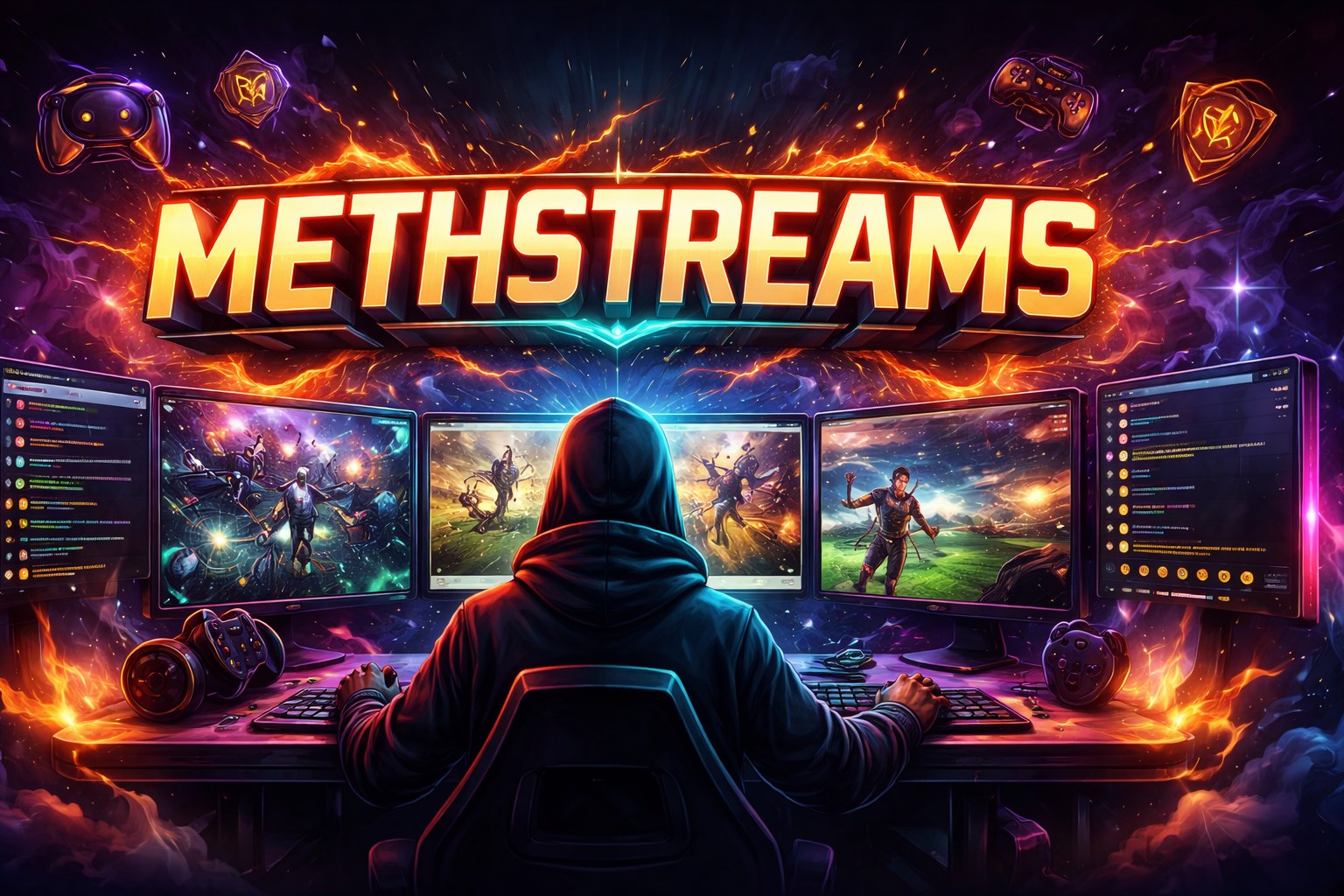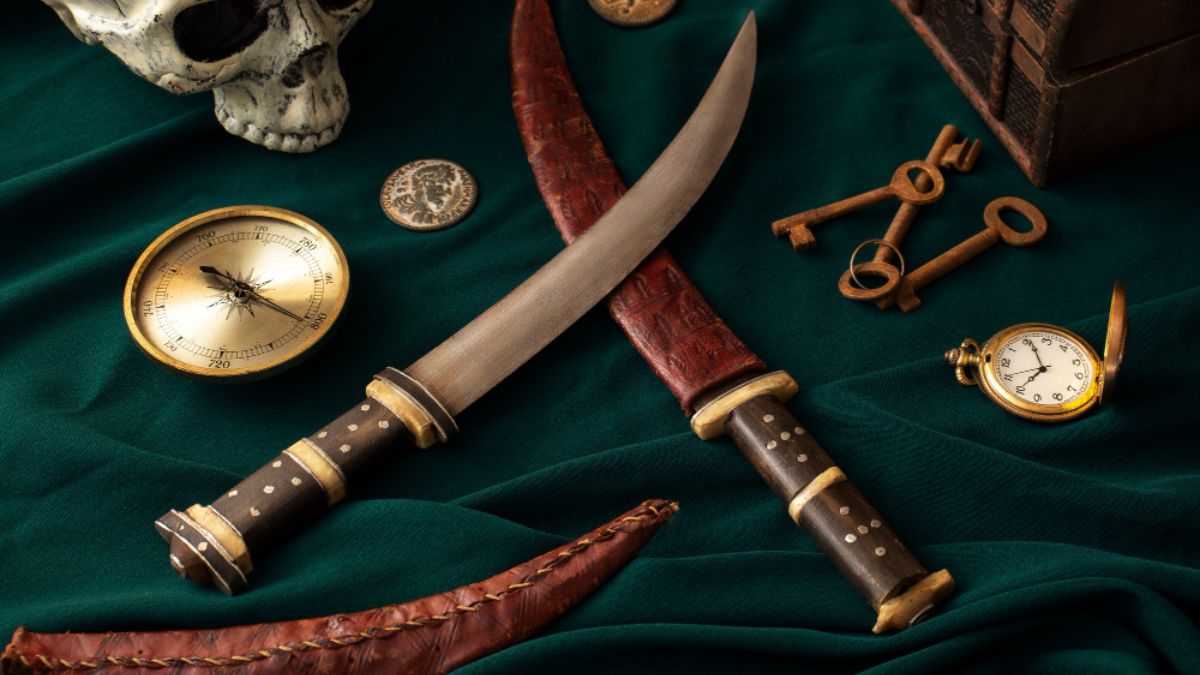It’s 2:17 AM. The blueish glow of the monitor is the only light in the room, painting the walls the color of a deep, lonely sea. My knuckles are white, my jaw is clenched, and a single, traitorous bead of sweat traces a path down my temple. On the screen, my character lies in a broken heap for the forty-seventh time. The same grim message flashes, searing itself into my retinas: “Seek Guidance. You Are Not Yet Worthy.”
I am deep in the throes of Tarnplanen.
You won’t find this word on a box or in a Steam store description. It’s not a genre, not a developer, not a specific game. Tarnplanen (pronounced approximately tarn-PLAH-nen) is a feeling. A philosophy. A state of being. It’s a portmanteau I’ve cobbled together from “Tarnished”—the flawed, seeking protagonist of Elden Ring—and “Planen,” the German word for “planning.” But it means so much more than that.
Tarnplanen is the art of respectful, obsessive, and brutally honest engagement with a game that does not love you back. It’s the process of meeting a wall, not with a sledgehammer, but with a thousand patient touches, learning every crack and crevice until you find the one, single way to the other side. It is gaming’s most unforgiving, and most rewarding, classroom.
The Cathedral of Failure: Where Tarnplanen Begins
To understand Tarnplanen, you must first understand its spiritual home: the “Soulsborne” genre, pioneered by FromSoftware. Games like Dark Souls, Bloodborne, Sekiro, and Elden Ring.
These are not games in the traditional, power-fantasy sense. You are not a super-soldier. You are not the Chosen One, at least not in any way that matters in a fight. You are a fragile thing in a world of magnificent ruins and monstrous, beautiful horrors. One mistake, one mistimed dodge, one greedy extra attack, and you are dead. The game resets you at a checkpoint, and you must try again, your lost resources waiting for you at the scene of your failure, if you can make it back.
This is the first, and most important, lesson of Tarnplanen: Failure is not a setback; it is data.
The initial encounter with a new boss is not a battle; it is a reconnaissance mission. You are not trying to win. You are trying to learn.
-
What is the wind-up for that three-hit combo?
-
How long is the recovery after the giant slams his hammer?
-
Does the beast have a tell before it unleashes its fiery breath?
-
What is the safe zone during that seemingly undodgeable area-of-effect attack?
For the first ten, twenty, thirty attempts, you are a scientist, and the boss is your experiment. You die, and die, and die. But with each death, your mental map of the encounter becomes more detailed. The chaotic flurry of limbs and steel begins to resolve into a predictable, if punishing, dance.
This is the “Planen.” The planning. The meticulous, often pen-and-paper-worthy strategizing that happens not in a pause menu, but in the quiet moments after a death, as you wait for the loading screen to spit you back out. It’s the whisper in your head: “Okay, I can dodge left on the first swing, but the second has a wider arc, so I need to roll through it. Then, he’s open for two, maybe three hits. No more.”
The Anatomy of a Tarnplanen Moment: A Case Study in Agony
Let me take you inside a single, crystalline moment of Tarnplanen. Let’s call the boss “Malgeth, the Eternal Rot.” He’s a giant, corrupted knight with a moveset that feels personally designed to exploit every one of my gaming weaknesses.
Attempt 1-10: The Blender. I am puree. I am confetti. I am a bug under a boot. I spend these attempts just trying to survive for more than thirty seconds. The screen is a mess of poison clouds, sweeping scythe attacks, and a homing projectile that seems to have a personal vendetta against me. I feel despair. I feel like the game is unfair, broken, stupid. This is the phase where most players quit. This is where Tarnplanen asks for its first payment: your pride.
Attempt 11-25: The Pattern Emerges. I stop attacking. Completely. I just run. I dodge. I block. I watch. And slowly, like a ghost emerging from fog, I see it. The pattern. Malgeth has a five-move combo, not a random flurry. The poison cloud is always preceded by him clutching his stomach. The homing projectile is telegraphed by a specific, almost delicate, hand gesture. I am no longer being beaten by chaos; I am failing a test I am only just beginning to understand.
Attempt 26-35: The Dance. I am now a participant. I am in the dance. I know the steps. I see the opening after his leaping attack. I know to run to his left side when he raises his scythe for a spin. I am landing hits. I get him to 50% health. And then… phase two. Wings burst from his back. The music swells. A whole new moveset. The despair returns, but it’s different now. It’s not the despair of ignorance; it’s the despair of knowing there is so much more to learn.
Attempt 36-48: The Refinement. Back to the drawing board. I am learning the second phase. It’s harder, faster, more brutal. But the methodology is the same. Watch. Learn. Die. Internalize. My hands are no longer trembling with panic; they are humming with focus. The world outside my room has ceased to exist. There is only the dance.
Attempt 49: The Transcendence. I don’t know what is different about this attempt. I am not thinking. I am not planning. My body knows. My fingers are moving on their own. Dodge, duck, dip, dive, and dodge. When he finishes his new, terrifying aerial combo, I’m already there. I land my hits. My stamina bar is managed perfectly. I am using the environment, using the tools I’d forgotten I had. He’s at 10% health. My heart is a jackhammer in my chest. I have no healing left. One hit will kill me.
He winds up for his kill-shot. It’s the move that has ended me a dozen times. But this time, I don’t dodge away. I dodge forward, right into his chest, underneath the arc of the blow. I am inside his guard. I have one last sliver of stamina. I press the attack button.
The screen freezes. The sound of shattering crystal fills my headphones. “FOE VANQUISHED” appears on the screen.
I don’t cheer. I don’t pump my fist. I lean back in my chair, a long, slow, shaky breath escaping my lungs. My hands drop to my lap, tingling with adrenaline. A profound, almost spiritual silence fills the room. That moment, that cathartic, hard-won peace—that is the ecstasy of Tarnplanen.
Beyond the Boss Fight: Tarnplanen in the World
While boss fights are the most concentrated form of Tarnplanen, the philosophy extends to every corner of these worlds.
The Treacherous Journey: In a game like Dark Souls, the path from one checkpoint (bonfire) to the next is a puzzle in itself. That narrow ledge with an archer at the end? That dark room with enemies waiting to ambush you from the ceiling? This is environmental Tarnplanen. It’s about learning the patrol routes, remembering trap locations, and managing your resources so you don’t arrive at the boss door with half your health and no healing. Every step is a calculated risk.
The Build Craft: Your character’s stats, weapons, and armor are not just a menu; they are a thesis statement. Do you pour points into Strength to wield a colossal greatsword that can stagger foes, accepting that you will be slow and vulnerable? Or do you invest in Dexterity for a faster, more agile playstyle that requires perfect timing? This is meta-Tarnplanen. It’s the theorycrafting, the research, the respec-ing of your entire character to find the perfect tool for the job. Your plan isn’t just for the fight; it’s for your very existence in this world.
The Community of the Lost: Tarnplanen is often a solitary struggle, but you are never truly alone. These games have a unique, asynchronous multiplayer. You see the ghostly phantoms of other players in your world, running their own parallel struggles. You read messages they leave on the ground: “Try finger, but hole,” for a moment of levity, or “Ambush ahead,” for a crucial warning.
And when you are truly stuck, you can call for help. You can use an item to send out a signal, and another player—a sun-praising warrior in golden armor, perhaps—can be summoned into your world to fight by your side. There is no voice chat. You communicate through gestures—a bow, a wave, a joyful little twirl. This silent cooperation, this shared understanding of the struggle, creates a bond that is deeper than any voiced-over squad banter. It’s the community of the Tarnished, all speaking the same silent language of perseverance.
The Real-World Spillover: What Tarnplanen Teaches Us
This might all sound like a bizarre form of digital masochism. Why would anyone subject themselves to this? The answer is that the lessons of Tarnplanen don’t stay on the screen. They seep out. They change you.
1. It Re-frames Your Relationship with Failure. In a world that often teaches us to hide our mistakes, Tarnplanen makes failure a public, constant, and necessary part of the process. You are forced to sit with it, to analyze it, to learn from it. You stop seeing failure as a reflection of your ability and start seeing it as the primary mechanism for growth. This is a profoundly healthy mindset to carry into your work, your hobbies, and your personal life.
2. It Cultivates Patience and Delayed Gratification. There is no cheat code. There is no “Easy Mode” toggle. The only way out is through. Tarnplanen forces you to be patient, to invest time and effort into a goal whose reward is distant and uncertain. In an age of instant everything, this is a radical and valuable practice.
3. It Teaches Humility and Respect. The games that inspire Tarnplanen do not care about your ego. You are not special. The world is vast, ancient, and indifferent. To succeed, you must approach it with humility. You must respect the enemy, respect the environment, and respect your own limitations. This is the opposite of the power fantasy; it’s a humility simulator.
4. It Provides a Model for Tackling Seemingly Impossible Problems. When faced with a monumental task in real life—learning a language, writing a book, starting a business—it can feel like staring down Malgeth, the Eternal Rot. It’s overwhelming. The Tarnplanen approach is to break it down. Don’t try to “win” on the first day. Just observe. Learn. Gather data. Fail. Refine your approach. Chip away at it, one well-planned attempt at a time. The victory is not a single moment of triumph, but the sum of all the failures that led to it.
The Dark Side of the Coin: When the Plan Becomes an Obsession
Tarnplanen is not without its risks. This deep, obsessive focus can curdle into something less healthy.
I have known nights where the plan was all that existed. Where I canceled social plans, neglected chores, and existed on a diet of caffeine and stubbornness. The “one more try” becomes ten, becomes twenty. The joy of the game can be replaced by a grim, determined need to conquer. You are no longer playing; you are proving something.
This is when Tarnplanen stops being a teacher and becomes a taskmaster. It’s the point where you have to have the self-awareness to walk away, to shut down the PC, and to remember that there is a world outside the ruined kingdom. The greatest challenge in Tarnplanen is sometimes knowing when to stop planning, and just live.
Your Invitation to Become Tarnished
If you’ve never played a game like this, the prospect is daunting. It sounds miserable. I promise you, it is, until it isn’t. The misery is the fertilizer for the most profound joy gaming has to offer.
So, if you’re feeling brave, here is your invitation. Pick up Elden Ring. Create your character, flawed and humble. Step out into the Lands Between. You will die to a lowly soldier. You will be crushed by a boss you had no business fighting. You will feel lost, confused, and angry.
But then, you’ll start to notice things. You’ll learn the rhythm of that lowly soldier. You’ll find a new weapon that suits you. You’ll overcome that first, minor obstacle, and a tiny spark will ignite.
You will have begun to plan. You will have started to see failure not as a wall, but as a map.
You will have embraced the struggle. You will have learned the quiet, agonizing, and glorious art of Tarnplanen. And you may just find that the lessons you learn in the digital ruins will help you navigate the beautiful, messy, and often unforgiving game of life itself.
Now, if you’ll excuse me, a new DLC just dropped. There’s a new boss waiting. And I have a lot of failing to do.






